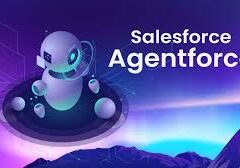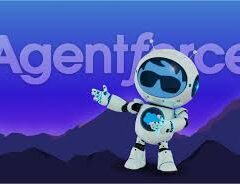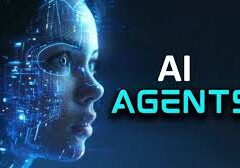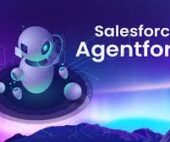Humans often cast uneasy glances over their shoulders as artificial intelligence (AI) rapidly advances, achieving feats once exclusive to human intellect. An Eye on AI should ease their troubled minds. AI-driven chatbots can now pass rigorous exams like the bar and medical licensing tests, generate tailored images and summaries from complex texts, and simulate human-like interactions. Yet, amidst these advancements, concerns loom large — fears of widespread job loss, existential threats to humanity, and the specter of machines surpassing human control to safeguard their own existence.
Skeptics of these doomsday scenarios argue that today’s AI lacks true cognition. They assert that AI, including sophisticated chatbots, operates on predictive algorithms that generate responses based on patterns in data inputs rather than genuine understanding. Even as AI capabilities evolve, it remains tethered to processing inputs into outputs without cognitive reasoning akin to human thought processes.
So, are we venturing into perilous territory or merely witnessing incremental advancements in technology? Perhaps both. While the prospect of creating a malevolent AI akin to HAL 9000 from “2001: A Space Odyssey” seems far-fetched, there is a prudent assumption that human ingenuity, prioritizing survival, would prevent engineering our own demise through AI. Yet, the existential question remains — are we sufficiently safeguarded against ourselves?
Doubts about AI’s true cognitive abilities persist despite its impressive functionalities. While AI models like large language models (LLMs) operate on vast amounts of data to simulate human reasoning and context awareness, they fundamentally lack consciousness. AI’s creativity, exemplified by its ability to invent new ideas or solve complex problems, remains a simulated mimicry rather than authentic intelligence. Moreover, AI’s domain-specific capabilities are constrained by its training data and programming limitations, unlike human cognition which adapts dynamically to diverse and novel situations.
AI excels in pattern recognition tasks, from diagnosing diseases to classifying images, yet it does so without comprehending the underlying concepts or contexts. For instance, in medical diagnostics or art authentication, AI can achieve remarkable accuracy in identifying patterns but lacks the interpretative skills and contextual understanding that humans possess. This limitation underscores the necessity for human oversight and critical judgment in areas where AI’s decisions impact significant outcomes.
The evolution of AI, rooted in neural network technologies and deep learning paradigms, marks a profound shift in how we approach complex tasks traditionally performed by human experts. However, AI’s reliance on data patterns and algorithms highlights its inherent limitations in achieving genuine cognitive understanding or autonomous decision-making.
In conclusion, while AI continues to transform industries and enhance productivity, its capabilities are rooted in computational algorithms rather than conscious reasoning. As we navigate the future of AI integration, maintaining a balance between leveraging its efficiencies and preserving human expertise and oversight remains paramount. Ultimately, the intersection of AI and human intelligence will define the boundaries of technological advancement and ethical responsibility in the years to come.













